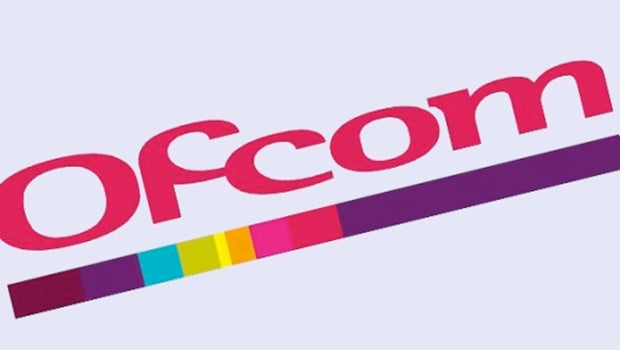Ofcom triples UK network license fees

The UK’s communications regulator Ofcom has announced that it is tripling the license fees for the country’s mobile networks.
EE, O2, Vodafone, and Three will pay a total of £199.6 million annually for the right to access the UK’s mobile frequency bands (which includes the 900MHz and 1800MHz bands).
That represents a massive rise from the £64.4 million they currently pay.
Individually, EE’s payments will go from £24.9 million to £75 million, while O2 and Vodafone’s payments will rise from £15.6 million to £49.8 million. The smallest network of the four, Three, will have to increase its payments from £8.3 million to £25 million.
This move might sound a little harsh on Ofcom’s part, but it comes as a direct result of explicit instructions from the UK government. David Cameron and co. told Ofcom to revise the license fee arrangements to reflect full market value way back in 2010.
The rise also follows a slightly botched 4G auction in which the networks got away with paying a lot less than was expected for their allotments.
“The mobile industry has not previously had to pay market value for access to this spectrum, which is a valuable and finite resource, and the new fees reflect that value,” explains Philip Marnick, Ofcom’s Group Director of Spectrum.
Still, the regulator has struggled to come to an agreement with the big four, with an initial proposal of a five-fold price increase batted back. However, a recent 4G auction in Germany has provided just the reference point that was needed, and thus the current increase was agree.
Related: Best Android Smartphones 2015
The first part of this price rise will come into effect from October 31 this year, while the second half will be applied from October 31 2016.
As Engadget points out, this could be fairly negative for UK mobile users in the short term. Expect to see monthly bill prices creeping up, while the hitherto rapid rollout of 4G around the country could well slow up too.
Looking to pick the perfect smartphone for you? Take a look at our smartphone buyers guide:


